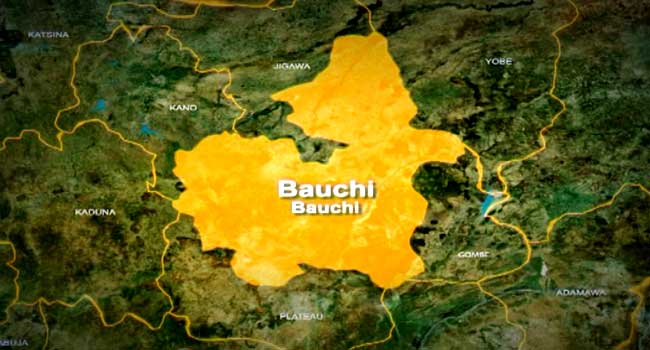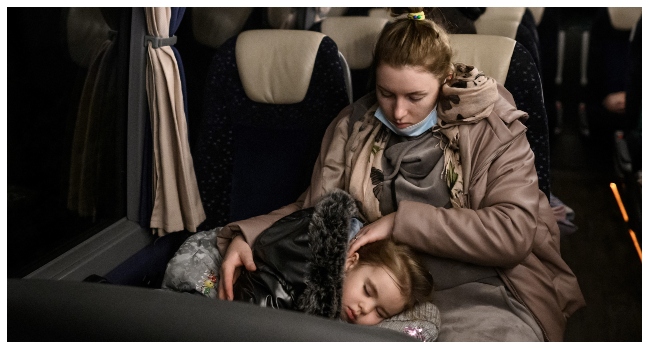
More than 45,000 children have been released from detention and safely returned to family or an appropriate alternative since the start of the COVID-19 pandemic, UNICEF revealed in its latest reports.
The reports released on Sunday are “Detention of children in the time of COVID” and “Estimating the number of children deprived of their liberty in the administration of justice”.
The first analysis indicated that governments and detaining authorities in at least 84 countries have released thousands of children since April 2020 when UNICEF drew attention to their increased risk of contracting COVID-19 in confined and overcrowded spaces, and called for their immediate release.
“We have long known that justice systems are ill-equipped to handle the specific needs of children – a situation further exacerbated by the COVID-19 pandemic,” UNICEF Executive Director, Henrietta Fore, was quoted as saying in a statement.
“We commend countries which heeded our call and released children from detention. By protecting children from conditions that could have exposed them to grave illness, these countries were able to overcome public resistance and spur innovative, age-appropriate justice solutions.
“This has proved something we already knew – child-friendly justice solutions are more than possible.”
According to UNICEF, the study is one of two analyses that illustrate the situation for hundreds of thousands of children deprived of their liberty every year.
Both reports were released ahead of the World Congress on Justice with Children.
Children in detention – including in pre-and post-trial custody, immigration detention, held in relation to armed conflict or national security, or living with parents in detention – are often held in confined and overcrowded spaces.
“They lack adequate access to nutrition, healthcare and hygiene services, and are vulnerable to neglect, physical and psychological abuse, and gender-based violence,” the statement said. “Many are denied access to lawyers and family care, and unable to challenge the legality of their detention.
“COVID-19 has profoundly affected justice for children, shuttering courts and restricting access to essential social and justice services. Evidence shows that many children, including children in street situations, have been detained for violating pandemic curfew orders and movement restrictions.”
Failed Systems
An estimated 261,000 children in conflict with the law – those who have been alleged, accused or recognised as having committed an offence – are held in detention, according to the second UNICEF analysis.
The second analysis – Estimating the number of children deprived of their liberty in the administration of justice – the first of such analysis since 2007, warned that incomplete record-keeping and undeveloped administrative data systems in many countries meant the number was likely to be much higher.
“Any child detained is evidence of failed systems, but that failure is then compounded further. Justice systems meant to protect and support children often add to their suffering,” said Fore.
“As policymakers, legal practitioners, academics, civil society, and children and young people convene at the World Congress this week, we must work together to end the detention of children.”
UNICEF stressed the need for authorities to ensure justice for children and safely end the detention of all children in various countries.
It, therefore, called on governments and civil society to invest in legal rights awareness for children in justice and welfare systems, especially for the most marginalised ones, expand free legal aid, representation, and services for all children, and prioritise prevention and early intervention in child offending and diversion to appropriate alternatives.
The organisation also asked them to end the detention of children – including through legal reforms to raise the age of criminal responsibility, ensure justice for child survivors of sexual violence, abuse or exploitation – including investing in child and gender-sensitive justice processes, and establish specialised child-friendly, virtual, and mobile courts.




